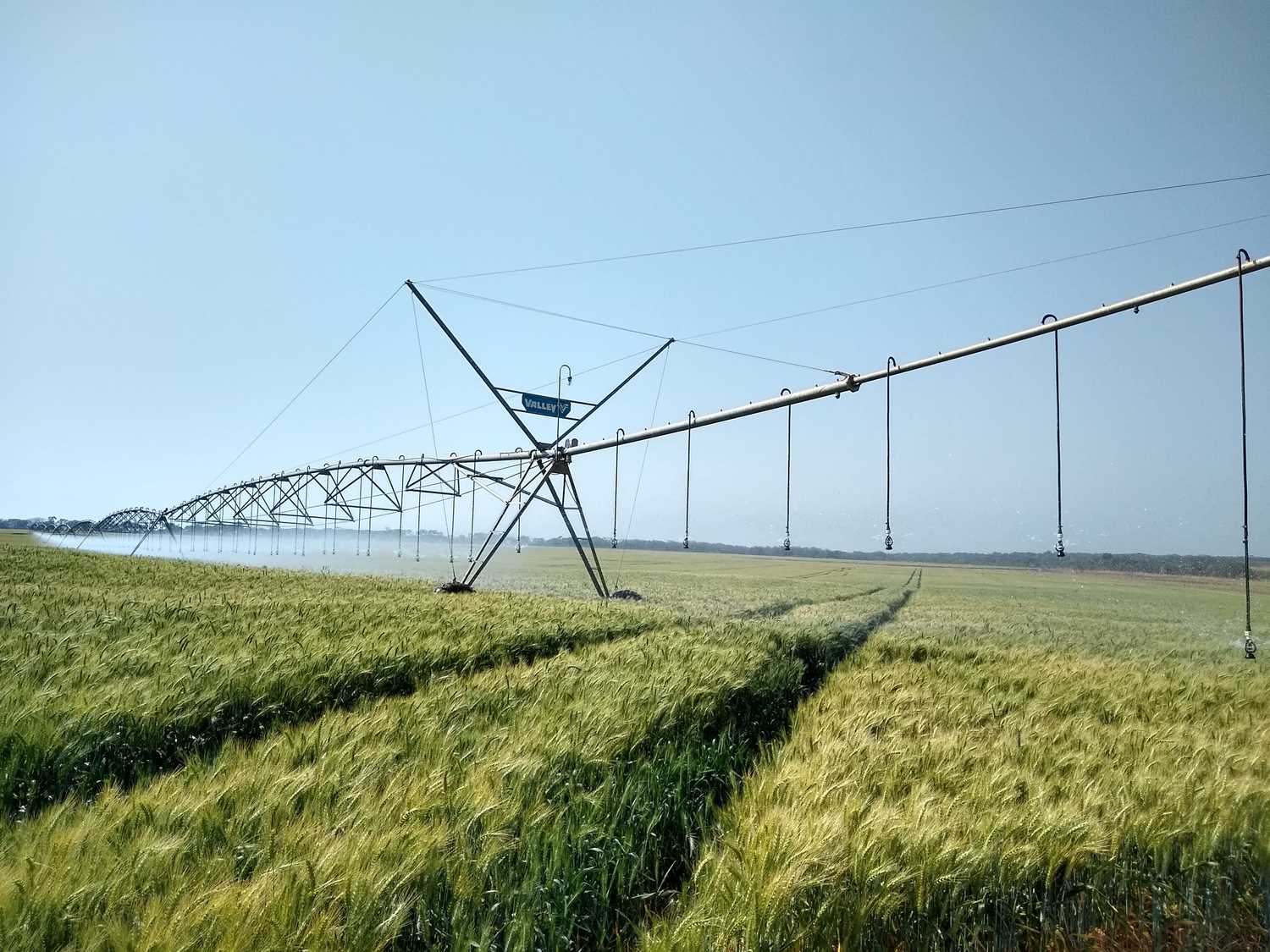In this project (which I started at the University of Cologne's GSSC) I analyse the impact of large agribusinesses on the socio-economic and environmental conditions of rural residents in Africa and the extent to which (international) critics influence corporate practices. Since the 2007/2008 world food crisis, critics such as transnational NGOs, local communities, journalists, social movements, (activist) scholars, and, in a more ambiguous way, also multilateral institutions have raised concerns about the negative impact of speculation and the global land rush.
Yet in social and cultural anthropology and to a large extent also in the other social sciences it remains relatively under-investigated whether and why market actors respond to their critics – or not. The main case study in the project is a European agribusiness in Zambia, which, as I observed when I visited it for the first time in 2015, was doing its best to integrate a number of social, moral and 'sustainability' considerations into its operations. This was partly in response to the (inter)national movement of critics. The outcomes of critique, however, are certainly ambiguous, with the continuation of negative consequences of land investments and corporate practices around the world. With this study I aim to contribute to a better understanding of the ambiguities involved and the ways in which critique and (political, economic and /or cultural) convictions shape the outcomes of corporate practices on the African countryside.
